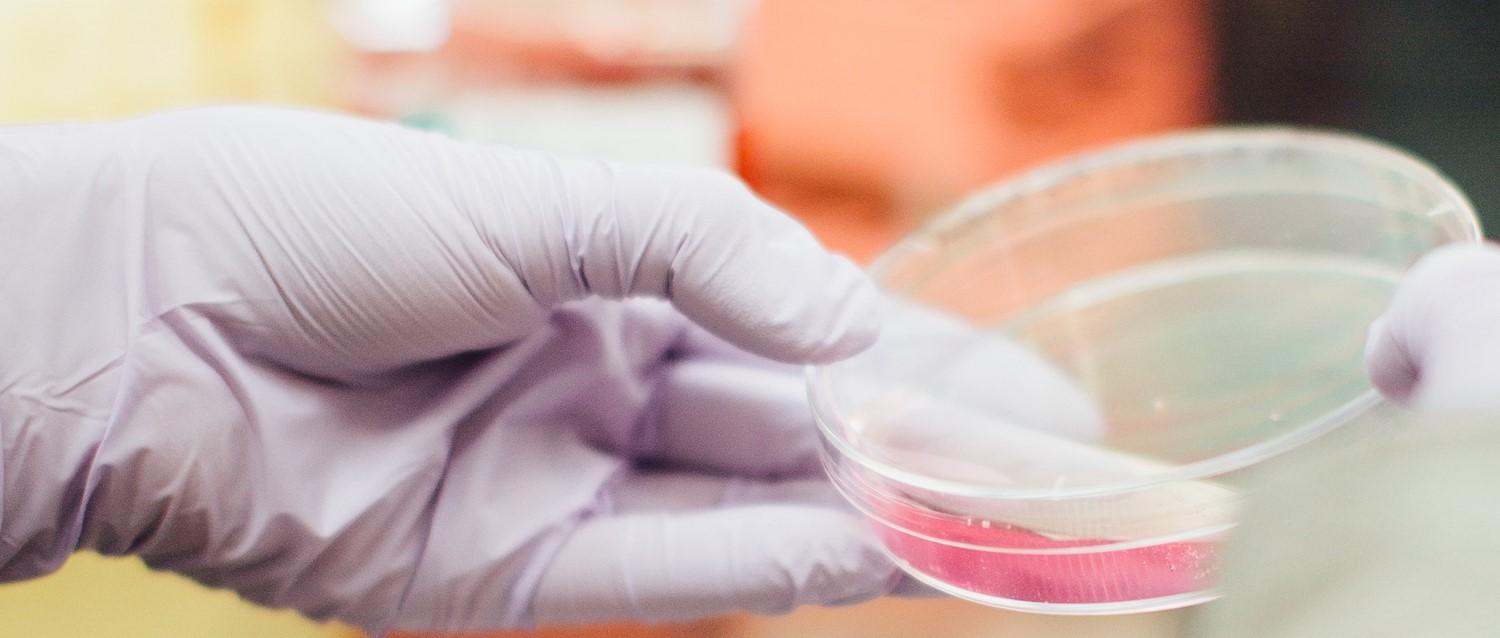
Un nuevo análisis de sangre podría detectar el cáncer de próstata agresivo
Peer reviewed by Joe CrowtherLast updated by Ashwin BhandariLast updated 16 Sept 2019
Satisface las necesidades del paciente directrices editoriales
- DescargarDescargar
- Compartir
- Idioma
- Debate
Según una investigación de la Universidad Queen Mary de Londres, un nuevo análisis de sangre detecta con precisión la presencia de un cáncer de próstata agresivo.
By combining the current prostate specific antigen (PSA) test with the new test (the circulating tumour cell (CTC) test, this could help men avoid unnecessary and invasive biopsies, over-diagnosis and over-treatment.
Prostate cancer is currently detected using a blood test that measures PSA levels. Although it provides early diagnosis, 75% of all PSA positive results ending up with negative biopsies that do not find cancer.
The study, published in the Journal of Urology, looked at the use of the CTC test in almost 100 pre-biopsy patients and over 150 newly diagnosed prostate cancer patients at St Bartholomew's Hospital in London.
The research team found that the presence of CTCs in pre-biopsy blood samples was indicative of the presence of aggressive prostate cancer, and efficiently and non-invasively predicted the later outcome of biopsy results.
When the CTC tests were used in combination with the current PSA test, it was able to predict the presence of aggressive prostate cancer in other biopsies with over 90% accuracy.
The test could also show how aggressive the cancer is. Focusing on more aggressive prostate cancer may reduce overtreatment and unnecessary biopsies for benign and non-aggressive conditions.
Lead researcher Professor Yong-Jie Lu from Queen Mary University of London said: "The current prostate cancer test often leads to unnecessary invasive biopsies and over-diagnosis and over-treatment of many men, causing significant harm to patients and a waste of valuable healthcare resources. There is clearly a need for a better selection process for patients to undergo the biopsy procedure.
"Testing for circulating tumour cells is efficient, non-invasive and potentially accurate, and we've now demonstrated its potential to improve the current standard of care. By combining the new CTC analysis with the current PSA test, we were able to detect prostate cancer with the highest level of accuracy ever seen in any biomarker test, which could spare many patients unnecessary biopsies. This could lead to a paradigm shift in the way we diagnose prostate cancer," he added.
Due to the small sample size, the findings will need to be validated by further studies. However, researchers said the CTC test could be available on the NHS in as little as three years if successful.
Sara Hiom, Cancer Research UK's director of early diagnosis, said: "It's early days, so the next steps would be to study a larger number of people."
Patient picks for Prostate cancer

Cáncer
Un análisis de orina para detectar el cáncer de próstata podría revelar quién necesita tratamiento urgente
Los científicos han desarrollado un análisis de orina para identificar a los hombres que tienen más probabilidades de necesitar tratamiento tras ser diagnosticados de cáncer de próstata en fase inicial.
por Ashwin Bhandari

Cáncer
¿Es cáncer de próstata u otra cosa?
Uno de cada ocho hombres del Reino Unido padecerá cáncer de próstata, pero cuanto antes se detecte, más fácil será tratarlo. Sin embargo, muchos de los síntomas del cáncer de próstata son los mismos que los causados por otras enfermedades menos graves. A continuación le indicamos los signos que debe tener en cuenta y cuándo debe consultar a su médico.
por Lawrence Higgins
Seguir leyendo
Historia del artículo
La información de esta página ha sido revisada por médicos cualificados.
16 Sept 2019 | Última versión
16 Sept 2019 | Publicado originalmente

Pregunte, comparta, conecte.
Explore debates, formule preguntas y comparta experiencias sobre cientos de temas de salud.

¿Se encuentra mal?
Evalúe sus síntomas en línea de forma gratuita
Suscríbase al boletín informativo para pacientes.
Tu dosis semanal de consejos de salud claros y fiables, redactados para ayudarte a sentirte informado, seguro y en control.
Al suscribirte, aceptas nuestra Política de privacidad. Puedes darte de baja en cualquier momento. Nunca vendemos tus datos.